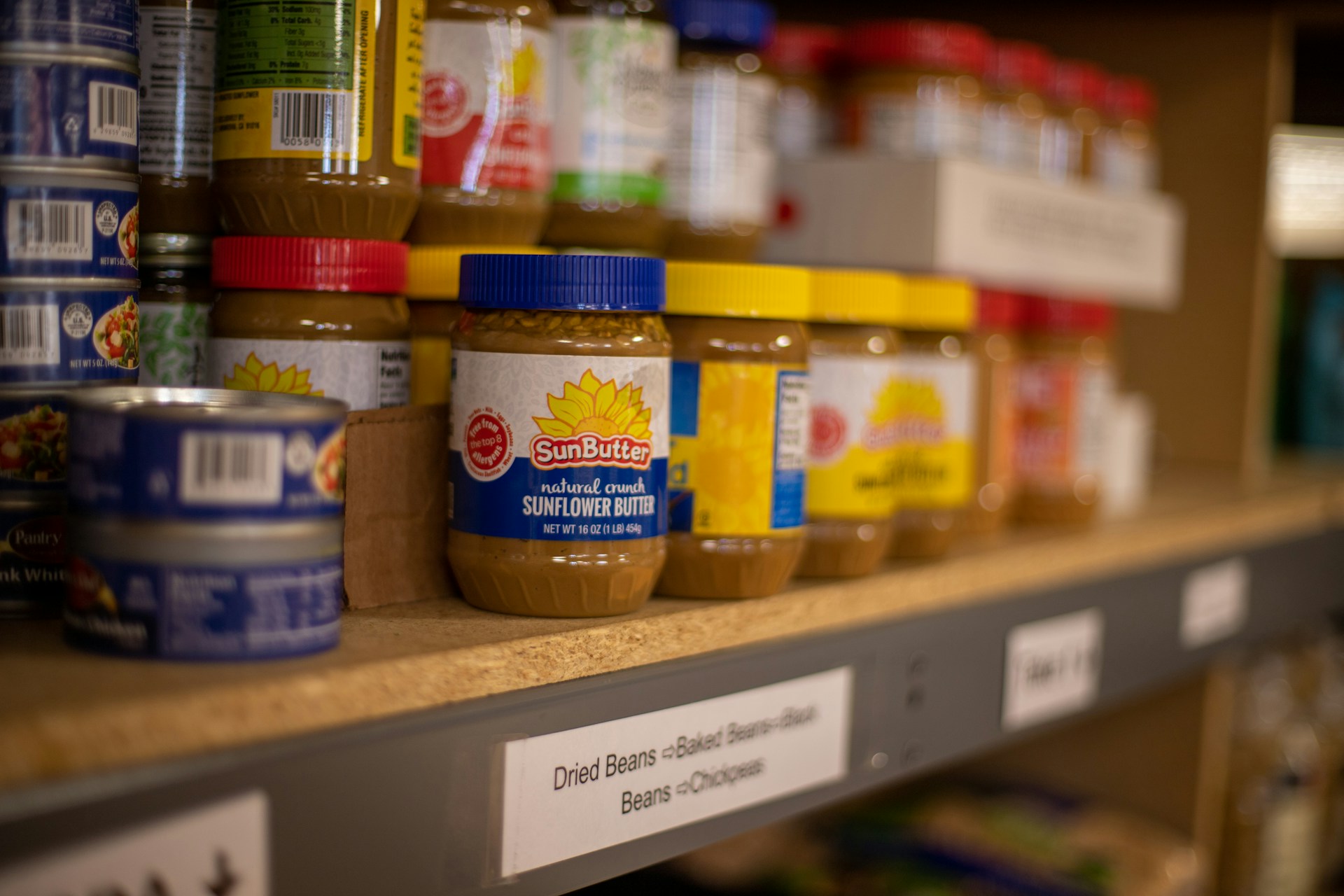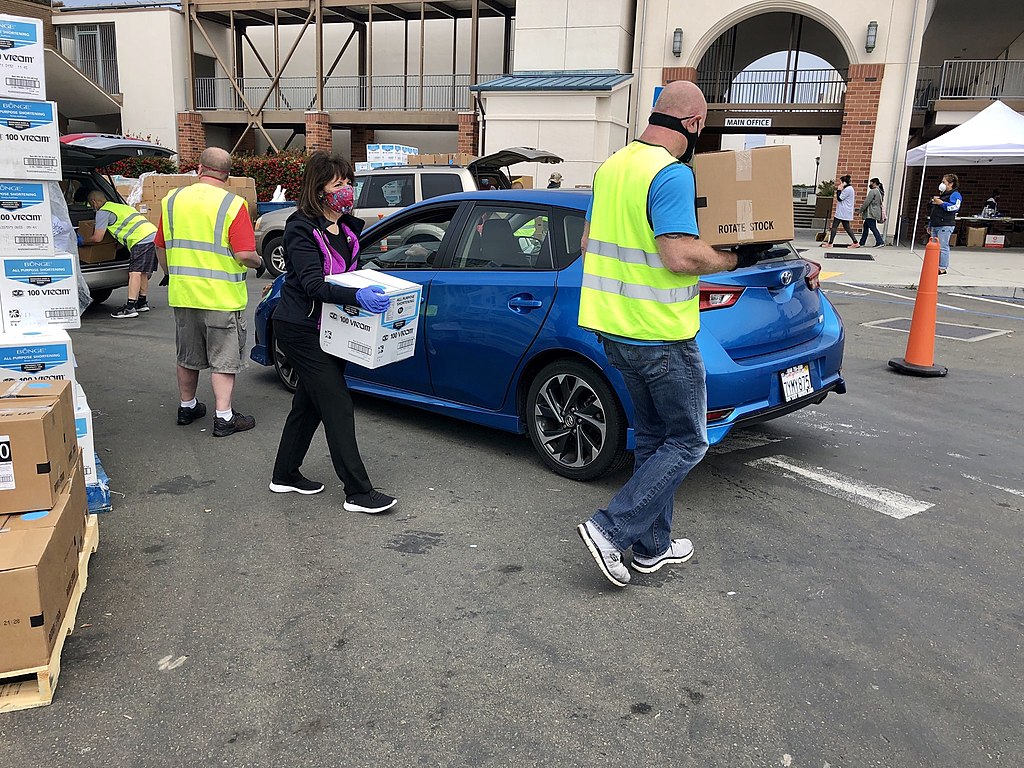Unfortunately, the current U.S. recession has brought about some fallbacks, including skyrocketing living costs and a tumultuous job market. Now, food banks are closing their doors for good in most states.
With higher grocery costs and not enough money to buy them, the need for food banks is at a premium. That’s why impoverished Americans are looking everywhere for help and finding a lack of supply or, worse, locks on doors.
And now, the local church is taking the Great Commission a little more seriously as it fights counties and states to keep local food banks open. Recent cases have shown pastors and parishioners standing shoulder to shoulder with the impoverished and food insecure in their communities.
One complaint came from the City of San Luis, Arizona, a city that rests on the southeastern border and has seen an escalation of migrants crossing the U.S. and Mexican border over the last few years.
With the crash of goods and services across the country, non-affluent locations like those in Yuma County have made drastic decisions about non-profit organizations helping new migrants. The complaint came from Gethsemani Baptist Church against San Luis Mayor Nieves G. Riedel and other City Executive Branch acting members.
According to the church’s preliminary statement, “the city suddenly turned hostile, bombarding the Church with a series of accusations that the Church’s use of its property and semi-trucks violate the City’s Zoning Code, and threatening to take enforcement action if the Church does not cease its operations.”
This is one of the longest-tenured food banks in the country, open since 1999 and serving hundreds of thousands of pounds of food every year.
That’s only one example. Cities have cited zoning restrictions, economic slowdowns, code enforcement, supply chain shortages, and a turbulent migrant influx as reasons for closing food banks. The tragedy of this endemic is that pastors are not immune from being forced to make these decisions.
Food Banks are Being Forced Down by Pastors, Too

Earlier this year, the Helping Hands Food Pantry of Brooklyn’s Saint Augustine Church was unexpectedly closed by its spiritual leader, Father Frank Tamino.
Speaking to CBS New York, John Quaglione, deputy press secretary for the Roman Catholic Diocese of Brooklyn, expressed sympathy for the press and the business sense of the community.
“Father Tamino, the pastor, he did not want this to shut down. It’s an important ministry. We can’t take the risk as a church, as a parish, to allow people in need to come and be serviced by people we don’t know their full story, background checks, proper training.”
Because of threats or endangerment to the church community, Father Tamino was forced to discontinue a Christmas party for the Haitian children of incarcerated parents and a monthly dinner for people with AIDS. Additionally, financial struggles were the cause for the church to raise the rent tenfold on a biweekly Alcoholics Anonymous meeting.
A recent Lifeway Research study of U.S. Protestant pastors found that 50 percent say the current economy negatively impacts their churches. The economy and food insecurity are other components affecting churches and food banks.
The United States Department of Agriculture released a report in late 2023 that underscored this problem. In 2022, America experienced the most significant increase in food insecurity and hunger nationwide in over a decade. Over 44 million Americans “didn’t have enough resources to feed themselves completely (or three meals a day) throughout the year.”
That represents 12.8% of U.S. households and over 17% of households with young children.
Despite Food Banks’ Problems, Churches Persist and People Still in Need

Pastors nationwide are facing insurmountable odds to feed their communities. The economy has created enough barriers, but city governments want to get involved when a church is used for something other than feeding its flock spiritual food.
And the trend is spreading.
In Bryan, Ohio, “Dad’s Place” Church is facing 18 counts of zoning violations, and the church’s food pantry may be closed. The charge is keeping the church open around the clock during winter, allowing the homeless to escape the cold.
In Castle Rock, Colorado, The Rock Church was forced to close its shelter for unlawfully parking a trailer and an RV to shelter the homeless. The complaint is they are parked 400 feet from neighboring residential areas. Its food bank distributes 400,000 pounds of food each year.
In Daytona Beach, Florida, the Seventh Day Baptist Church was ordered to shut down its food pantry. City law bans church food banks from redevelopment areas. Down the street is the Daytona Beach First Christian Church, which met a similar fate with its food pantry. The cause was a complaint from one family against the two churches, said a pro-bono attorney.
Cases like these exist in many states, and there are only so many legal teams to defend them. With the rise of food insecurity in America and the lack of funds to do anything about it, the hope and prayer is that state officials will realize the greater need and begin to re-examine local laws shutting down houses of worship and food banks nationwide.


